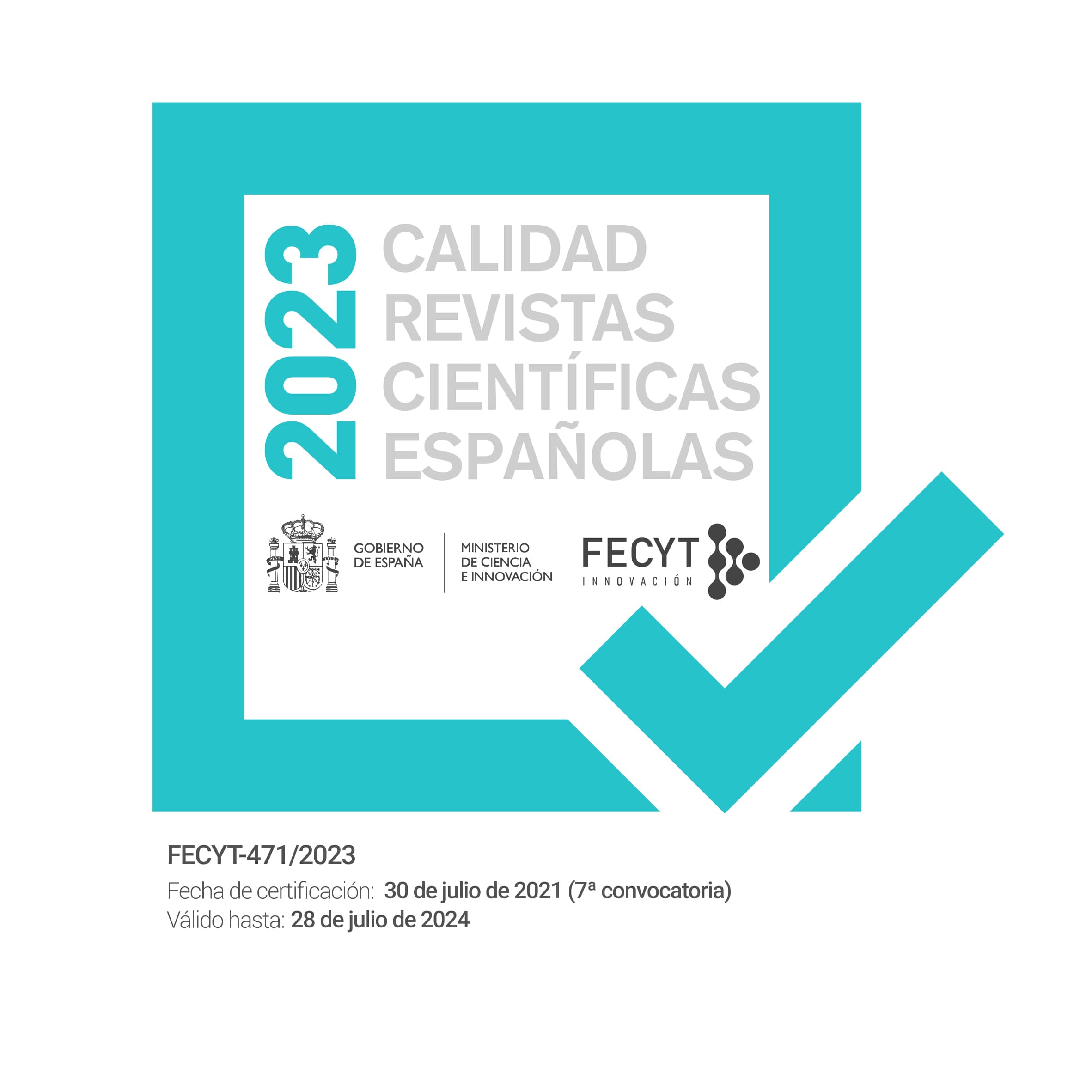Quality of life of patients submitted to autologous and allogeneic stem cell transplant in hospitalization
Abstract
Objective: To evaluate the quality of life of adult patients with hematologic cancer according to the modality of hematopoietic stem cell transplant during hospitalization stages.
Method: A quantitative, observational, longitudinal and analytical study with 55 adult participants diagnosed with hematologic cancer who underwent hematopoietic stem cell transplant between September 2013 and November 2015. Three instruments were used, one for sociodemographic and clinical characterization, and two instruments for quality of life assessment, as follows: the Quality Of Life Questionnaire - Core30 (QLQ-C30), version 3.0 in Portuguese developed by the European Organization Research Treatment of Cancer (EORTC) and the Functional Assessment Cancer Therapy - Bone Marrow Transplantation (FACT-BMT) questionnaire, version 4.0 in Portuguese developed by the Functional Assessment of Chronic Illness Therapy (FACIT), both validated for Brazil.
Result: The results showed the mean age for autologous hematopoietic stem cell transplant was 45 years, the prevalence of multiple myeloma diagnosis and for allogeneic stem cell transplant was 31 years, and leukemia was the predominant diagnosis. The quality of life assessment with both questionnaires and modalities showed a significant decrease in values in all domains evaluated, with predominance of worse scores in the pancytopenia period, except for the emotional function.
Conclusion: The present study concludes that hematopoietic stem cell transplant changes the quality of life during hospitalization for both transplant modalities. The promotion of interventions to improve patients’ quality of life by covering physical, emotional, social and functional domains is the nurses’ role.
Downloads
The works published in this magazine are subject to the following terms:
1. The Publications Service of the University of Murcia (the publisher) preserves the copyright of the published works, and encourages and allows the reuse of the works under the license for use stated in point 2.
© Servicio de Publicaciones, Universidad de Murcia, 2011 (© Publications Service, University of Murcia, 2011)
2. The works are published in the electronic edition of the journal under Creative Commons Reconocimiento-NoComercial-SinObraDerivada 3.0 España(texto legal) “ a Attribution-NonCommercial-NoDerivatives 3.0 Spain license (legal text)”. They can be copied, used, broadcasted, transmitted and publicly displayed, provided that: i) the authorship and original source of their publication (journal, publisher and URL) are cited; (ii) are not used for commercial purposes; iii) the existence and specifications of this license is mentioned.
3. Conditions of self-archiving. Authors are allowed and encouraged to electronically disseminate the pre-print (pre-reviewed ) and / or post-print (reviewed and accepted for publication) versions of their works prior to publication, as it ensures a wider circulation and dissemination which may lead to a possible increase in its mention and a higher scope among the academic community. RoMEO color: green.













